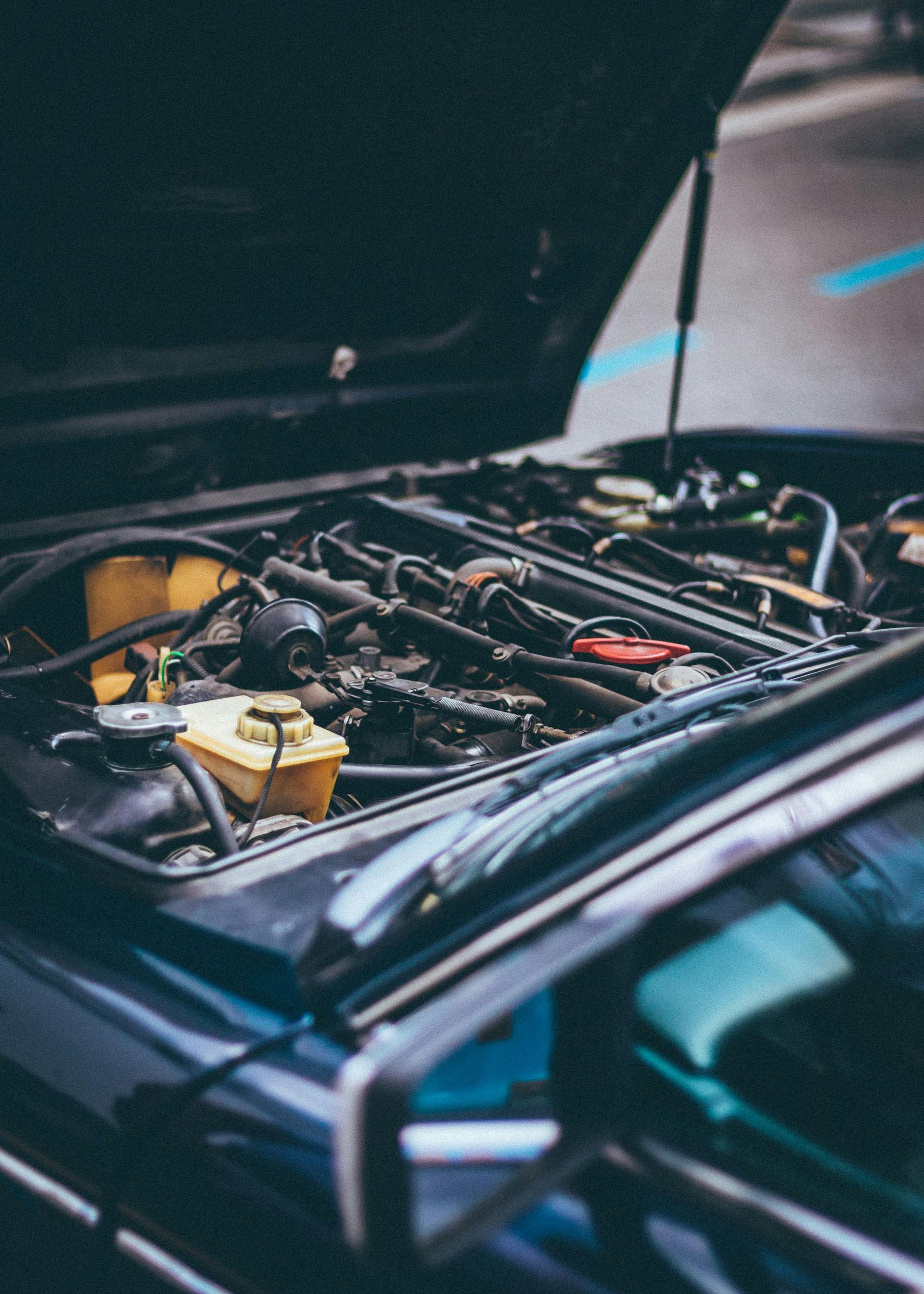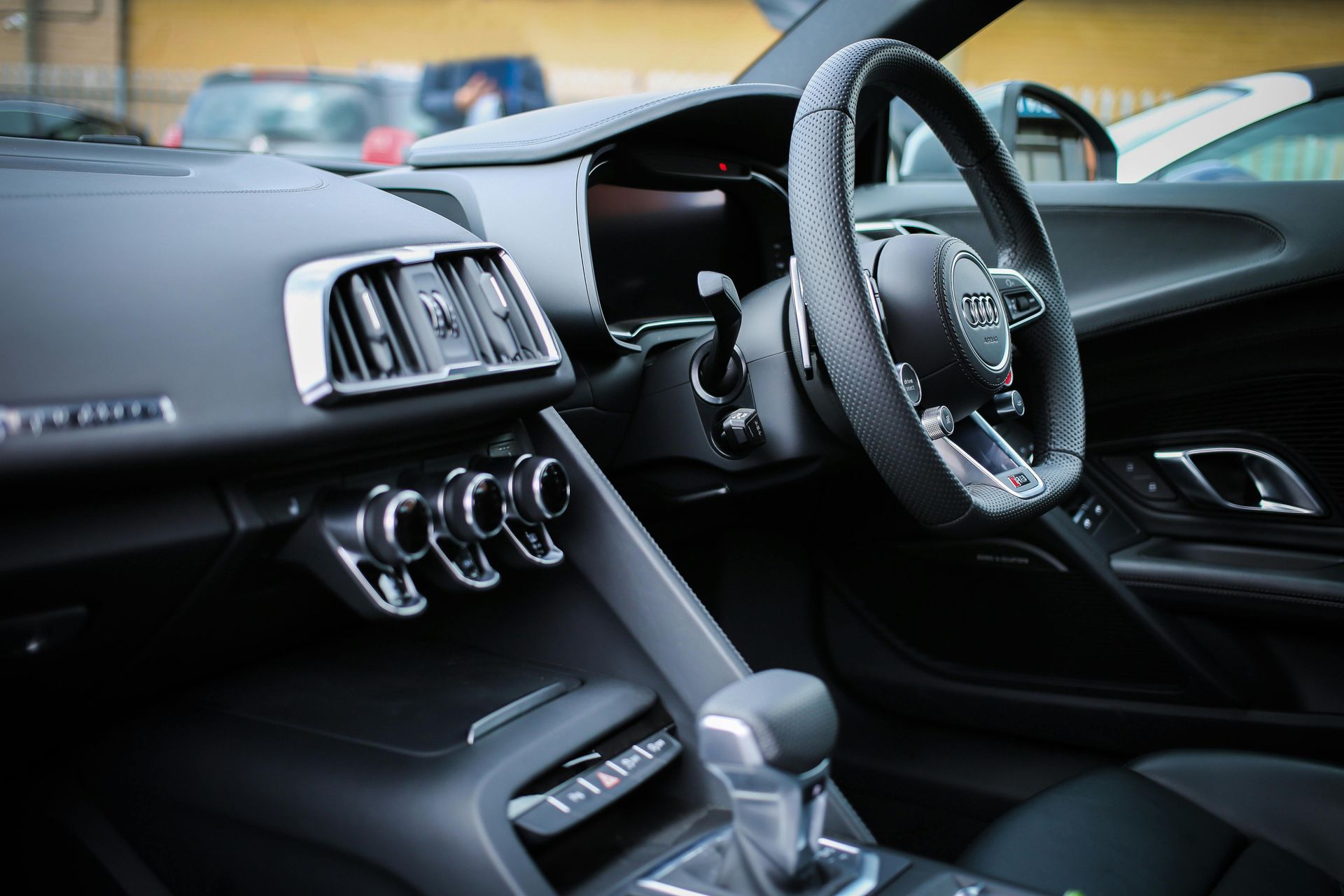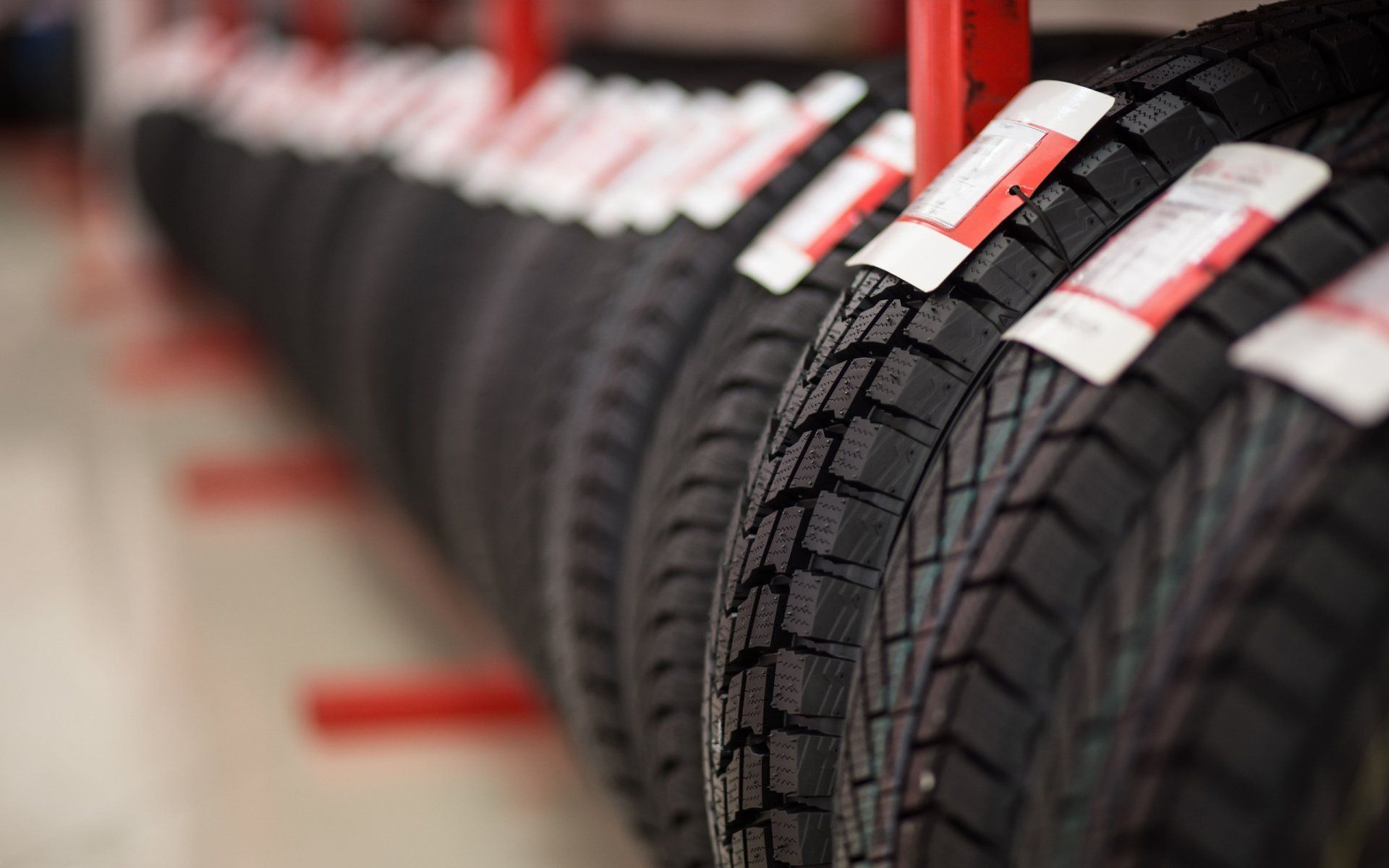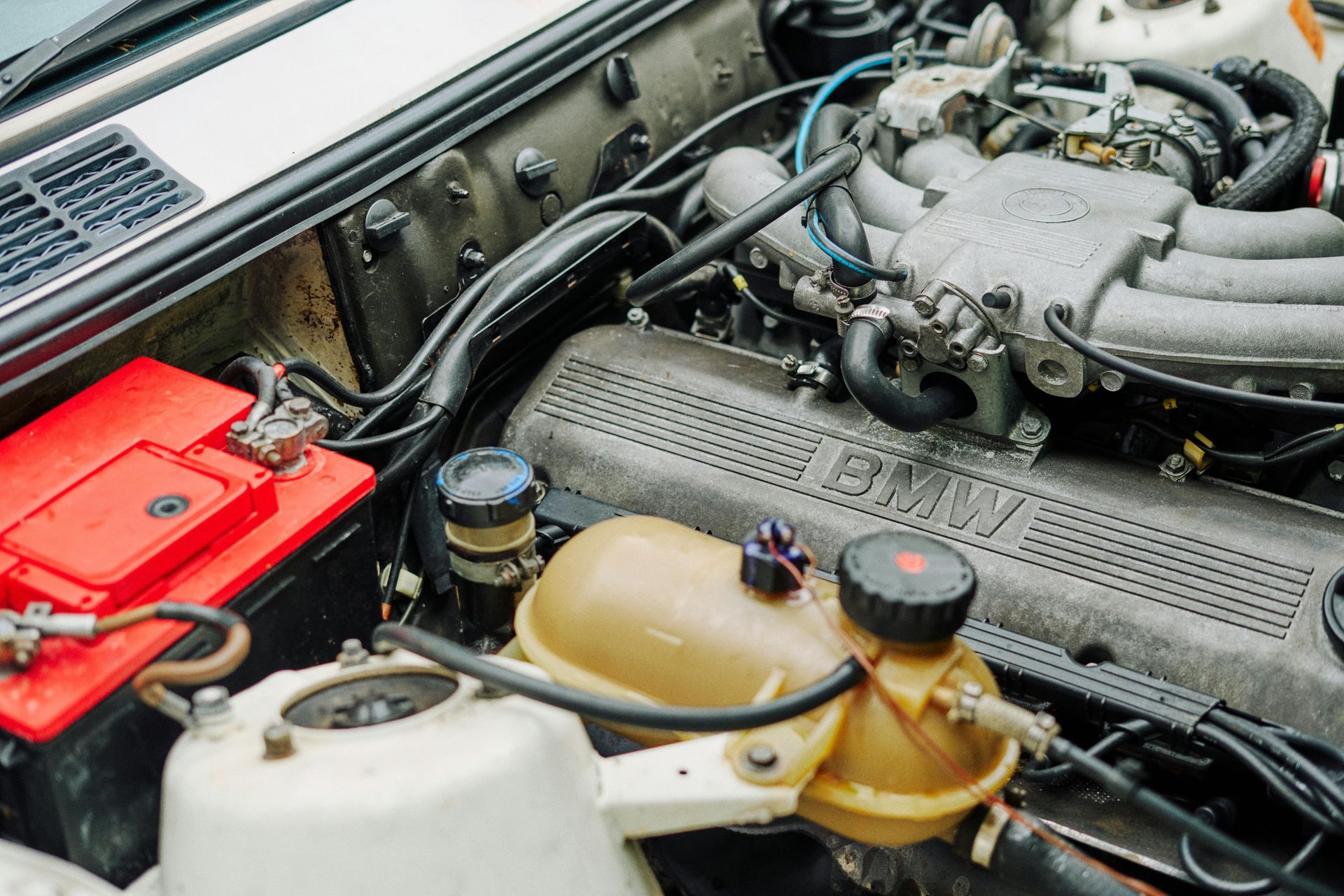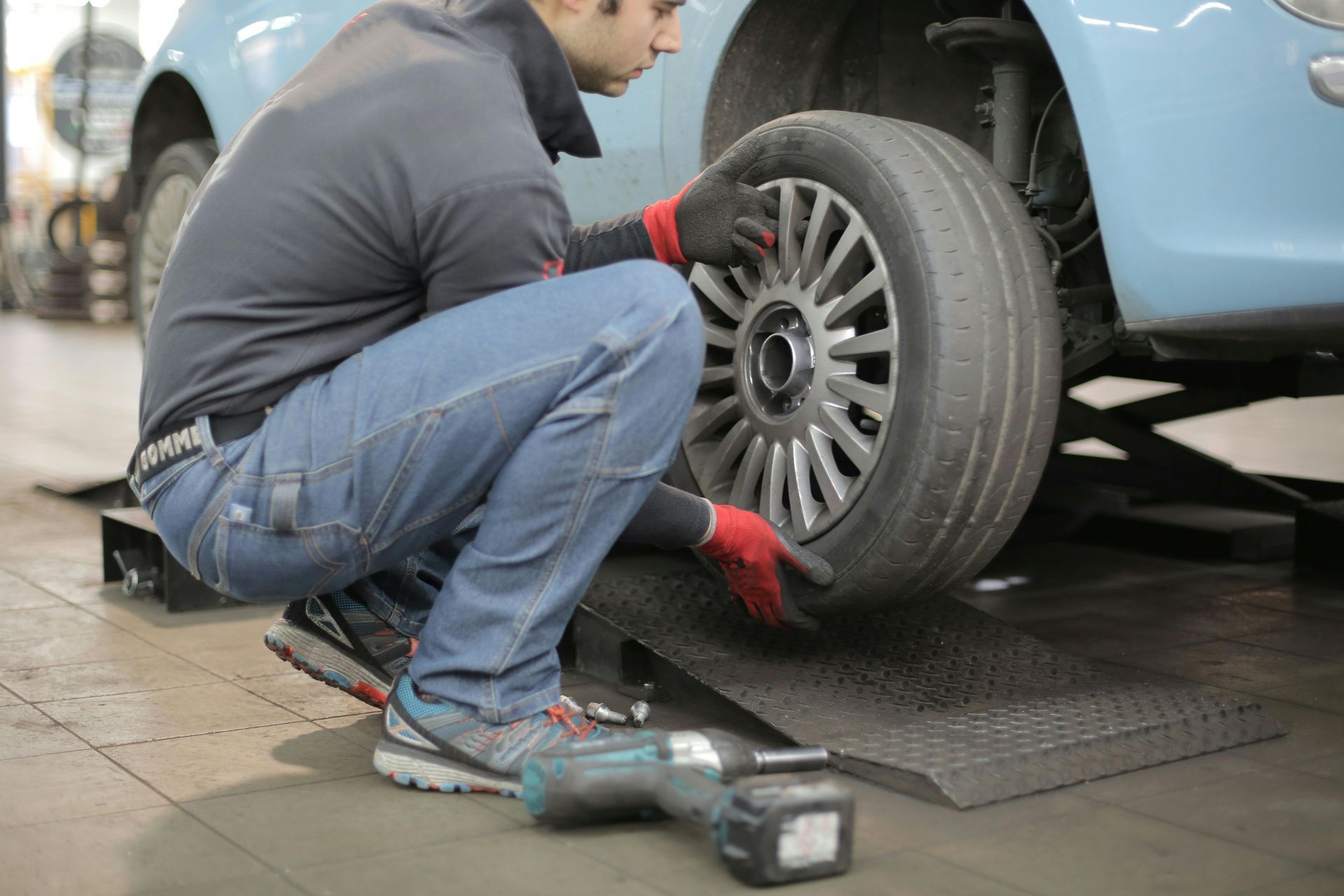Why You Should Never Ignore a Fluid Leak Under Your Car
Spotted a puddle under your car in your Auburn driveway? That colorful stain on the pavement isn't just an eyesore – it's your vehicle's way of warning you about a potentially serious problem. Whether you're parked outside your home near Old Town Auburn or in a parking lot in Roseville, fluid leaks demand immediate attention. Ignoring them can lead to expensive repairs, dangerous breakdowns, and even environmental damage.
Common Types of Automotive Fluid Leaks
Engine Oil Leaks
What it looks like: Dark brown or black puddles, often with a slick, greasy texture Where you'll see it: Usually under the front-center of your vehicle What it means: Your engine is losing its lifeblood
Engine oil leaks are particularly concerning for Auburn drivers who regularly navigate mountain roads to Foresthill or Grass Valley. Low oil levels during steep climbs can cause catastrophic engine damage. Auburn's hot summers make oil leaks worse, as heat thins the oil and increases leak rates.
Coolant Leaks
What it looks like: Bright green, orange, pink, or blue fluid, often sweet-smelling Where you'll see it: Typically under the front of the vehicle, sometimes extending toward the passenger compartment What it means: Your engine's cooling system is compromised
In Auburn's climate, where summer temperatures regularly exceed 100°F, coolant leaks are especially dangerous. A cooling system failure while driving through the Central Valley or climbing toward Lake Tahoe can leave you stranded in extreme heat.
Transmission Fluid Leaks
What it looks like: Red or pink fluid (when fresh) that turns brown or black as it ages Where you'll see it: Usually under the center of your vehicle What it means: Your transmission is losing essential lubrication
Transmission problems are expensive and inconvenient anywhere, but they're particularly problematic when you're navigating Auburn's hilly terrain or planning trips to mountain destinations where towing services are limited and costly.
Brake Fluid Leaks
What it looks like: Clear to light brown fluid, slightly oily to the touch Where you'll see it: Near the wheels or under the brake pedal area What it means: Your vehicle's safety system is compromised
Brake fluid leaks are immediately dangerous, especially on Auburn's winding roads with steep descents toward Cool or the American River. Loss of brake fluid can lead to complete brake failure – a potentially fatal situation on mountain roads.
Power Steering Fluid Leaks
What it looks like: Red or light brown fluid, similar to transmission fluid Where you'll see it: Usually under the front of the vehicle, near the steering components What it means: Steering will become difficult, especially at low speeds
While not immediately dangerous at highway speeds, power steering leaks make parking and low-speed maneuvering extremely difficult. This is particularly problematic in Auburn's narrow downtown streets or crowded parking areas.
Why Auburn's Climate Makes Leaks Worse
Temperature Extremes
Auburn's temperature swings from winter lows around 30°F to summer highs above 100°F cause seals and gaskets to expand and contract repeatedly. This constant movement accelerates wear and creates opportunities for leaks to develop.
UV Damage
Auburn's intense summer sun breaks down rubber seals and plastic components faster than in milder climates. Vehicles parked outside during our long, sunny summers are particularly susceptible to seal deterioration.
Dust and Debris
Auburn's dry summers and occasional wildfire ash create dusty conditions that can clog drainage systems and accelerate wear on moving parts, potentially leading to leaks.
The Hidden Dangers of Ignoring Leaks
Environmental Impact
Automotive fluids are toxic to the environment. In Auburn, leaked fluids can contaminate soil and eventually reach the American River watershed. Even small leaks add up over time, contributing to environmental damage in our beautiful Sierra Nevada foothills.
Fire Hazard
Oil and other automotive fluids are flammable. During Auburn's dry fire season, a fluid leak combined with a hot exhaust system or electrical spark could start a fire. This risk is particularly serious given Auburn's vulnerability to wildfires.
Cascading Failures
One fluid leak often leads to others. A coolant leak that causes overheating can damage head gaskets, leading to oil leaks. A power steering leak can strain the pump, causing complete system failure. What starts as a minor leak can quickly become a major repair bill.
Safety Risks
Brake fluid leaks eliminate your ability to stop safely. Oil leaks can cause engine seizure at highway speeds. Coolant leaks can cause overheating and breakdowns in dangerous locations. On Auburn's mountain roads, any of these failures could be life-threatening.
Early Warning Signs to Watch For
Dashboard Warning Lights
Modern vehicles have sensors that detect low fluid levels. Don't ignore oil pressure lights, temperature warnings, or brake system alerts. These warnings are especially critical when driving Auburn's challenging terrain.
Changes in Vehicle Performance
- Steering becomes harder (power steering leak)
- Brakes feel spongy or require more pressure (brake fluid leak)
- Engine overheats or runs hot (coolant leak)
- Engine makes unusual noises (oil leak)
- Transmission shifts roughly (transmission fluid leak)
Visual Inspection Tips
Check your driveway or parking spot regularly for new stains. Look under your vehicle monthly, especially after it's been parked for several hours. Pay attention to fluid levels on dipsticks and in reservoirs.
What to Do When You Find a Leak
Immediate Actions
- Identify the fluid type by color and location
- Check the corresponding fluid level in your vehicle
- Take photos of the leak and puddle for your mechanic
- Avoid driving if you suspect brake fluid or major oil leaks
Short-Term Solutions
- Add fluid to maintain safe levels (temporary only)
- Place cardboard under the leak to protect surfaces and monitor leak rate
- Avoid parking on slopes where leaked fluid might flow into storm drains
Professional Diagnosis
Have the leak professionally diagnosed as soon as possible. Auburn's demanding driving conditions mean small problems become big ones quickly.
Auburn-Specific Considerations
Mountain Driving Stress
Regular trips to higher elevations like Colfax, Nevada City, or Lake Tahoe put extra stress on all vehicle systems. Seals and gaskets work harder at altitude and during steep climbs, accelerating wear.
Seasonal Maintenance
Auburn's distinct seasons require attention to different systems. Winter preparation should include checking for leaks that might worsen in cold weather, while summer prep should focus on cooling system integrity.
Emergency Preparedness
During wildfire season or winter storms, reliable transportation becomes critical. A vehicle sidelined by fluid leaks during an evacuation or emergency could put lives at risk.
The Cost of Waiting
Minor Leak, Major Expense
A $50 gasket replacement can become a $2,000 engine rebuild if ignored. A simple coolant hose replacement can turn into radiator replacement if the leak causes overheating.
Inconvenient Timing
Fluid leaks rarely cause failures at convenient times. You don't want to discover a major leak when you're trying to get to Sacramento for an important appointment or heading to Tahoe for a weekend getaway.
Environmental Liability
In California, property owners can be held responsible for environmental contamination caused by vehicle leaks. Protecting Auburn's natural beauty is everyone's responsibility.
Prevention Strategies
Regular Maintenance
Following your vehicle's maintenance schedule helps prevent leaks by replacing seals and gaskets before they fail. Auburn's extreme climate may require more frequent service than standard recommendations.
Covered Parking
When possible, park in garages or covered areas to protect seals and gaskets from UV damage and temperature extremes.
Quality Parts and Fluids
Using quality replacement parts and fluids helps them last longer in Auburn's challenging climate. Cheap parts often fail sooner, leading to more frequent repairs.
Professional Leak Diagnosis
Advanced Detection Methods
Professional shops use UV dyes, pressure testing, and specialized equipment to locate leaks that might not be visible to the naked eye. Early detection prevents minor issues from becoming major problems.
Comprehensive Inspection
Professional leak diagnosis includes checking all fluid systems, not just the obvious problem area. This helps identify potential issues before they become failures.
Expert Leak Diagnosis and Repair in Auburn
Don't let a small fluid leak become a major problem or leave you stranded on Auburn's mountain roads. At Autovantage Service Center, our ASE-certified technicians use advanced diagnostic equipment to quickly identify and repair all types of automotive fluid leaks.
We understand how Auburn's extreme climate and challenging driving conditions affect vehicle seals and gaskets. Whether you're dealing with engine oil, coolant, transmission fluid, brake fluid, or power steering leaks, we provide accurate diagnosis and reliable repairs using quality parts designed to handle our demanding environment.
Protect your investment, ensure your safety, and preserve Auburn's natural beauty by addressing fluid leaks promptly. Contact Autovantage Service Center at (530) 450-2423 or visit us at 555 Wall St in Auburn to schedule your leak inspection today. Don't wait until a small problem becomes a big expense – let our experienced team fix it right the first time.




